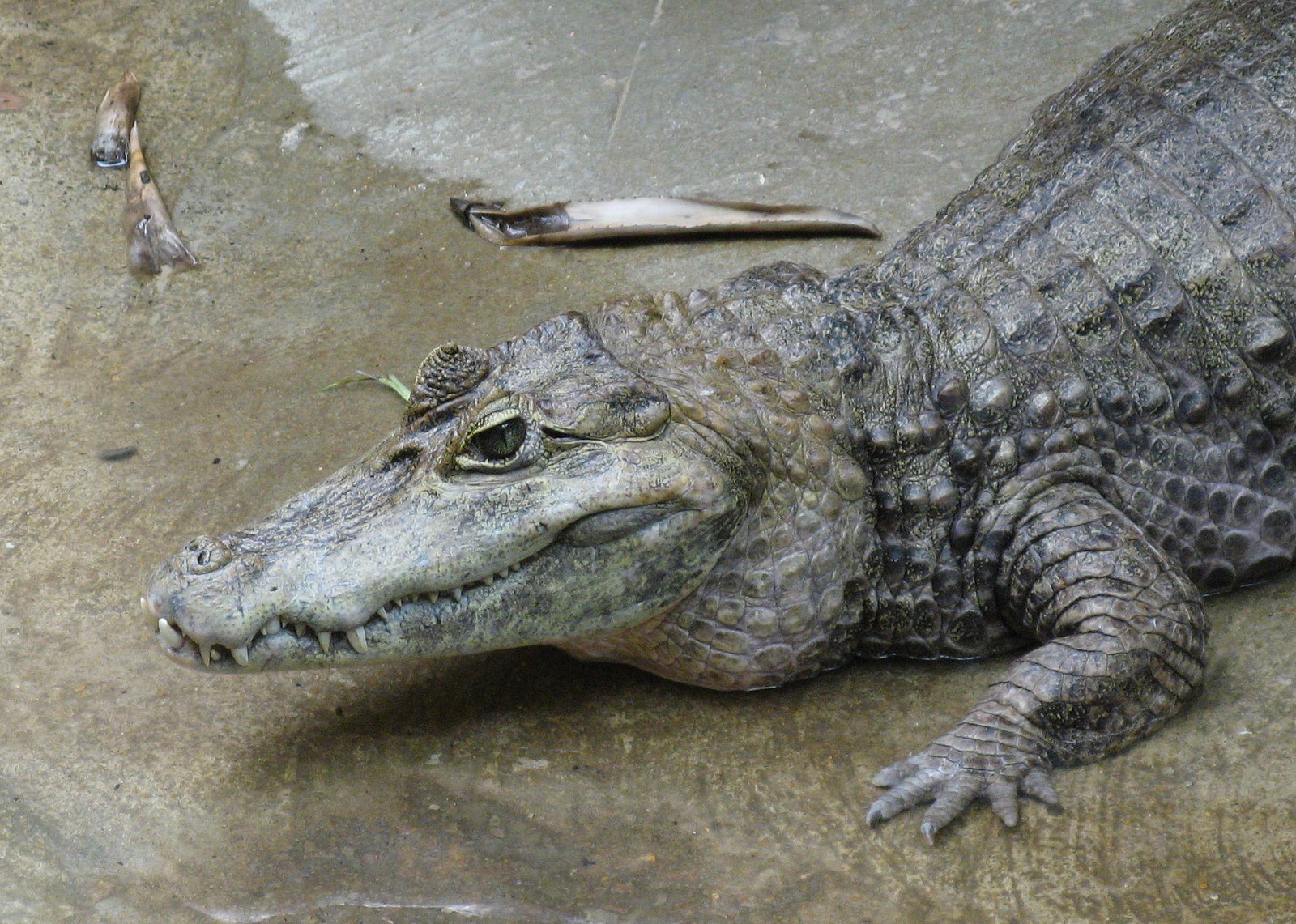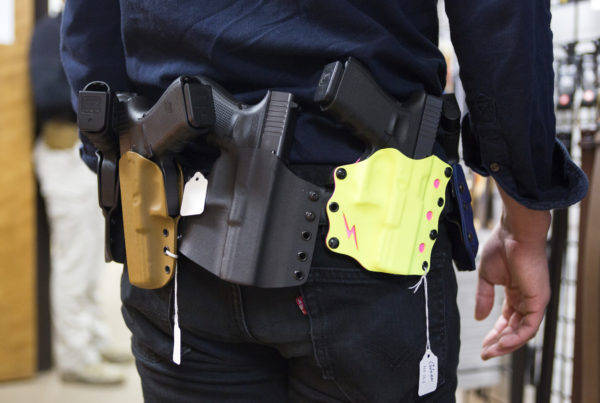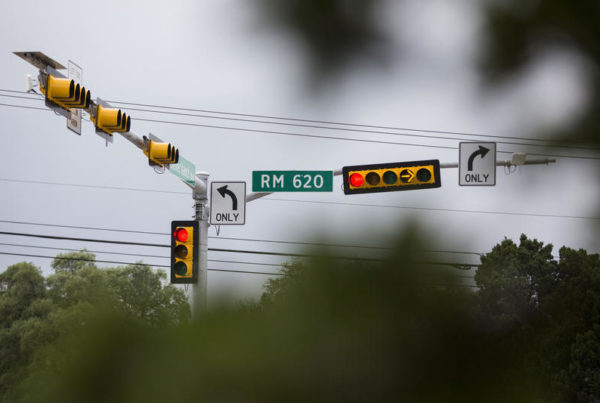Earlier this week, border patrol agents recovered a duffel bag dropped by smugglers crossing the U.S.-Mexico border into Texas. But the contraband inside wasn’t drugs. It was a bengal tiger cub. It’s far from an isolated incident. Illegal wildlife trafficking is big business in Texas. Some estimates say Texas’ tiger population is second only to that of India.
Alejandra Goyenechea is senior international counsel with Defenders of Wildlife, a group that works to protect native species. She says the U.S. is among the largest importers of wildlife and wildlife products. Much of what enters the U.S., both legally and illegally, comes from Latin America. Sea turtles, caimans – a kind of crocodile – and iguanas are among the most common, though larger animals, including tigers, are imported, too.
Goyenechea says customers for imported wildlife could include anyone who doesn’t know that bringing a particular exotic animal into the country is illegal.
“You might just be buying when you go to your pet store, or when you purchase an item that contains some exotic wildlife skin, or consuming it as a meat,” she says. “There’s iguana meat that is being imported into the United States.”
Goyenechea says wildlife products move in both directions – animals are moved from the U.S. to Mexico to be made into belts or other clothing items, for example.
Written by Shelly Brisbin.

















